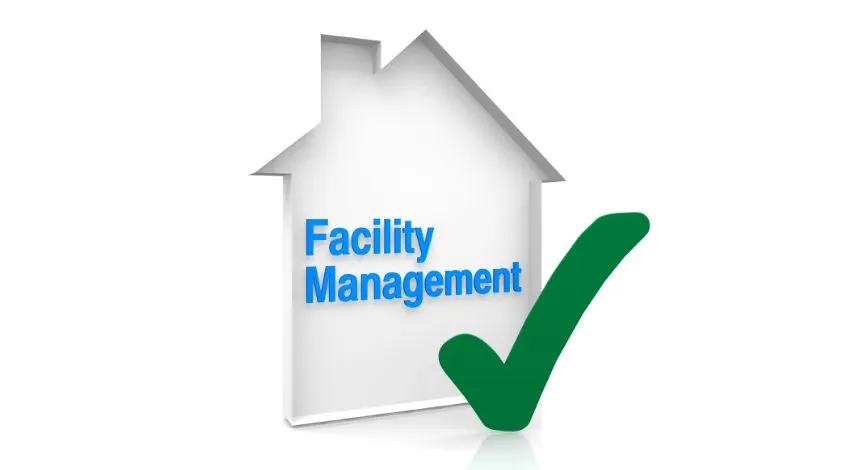Facility Management in [2023] – What’s Changed?

Facility management refers to the tools and services that support the safety, sustainability, and functionality of real estate, grounds, and infrastructure.
It includes tasks such as accounting, administration, lease management, and project planning. It is focused on the effective delivery of logistics as well as other supportive services.
The management is carried out by professionals who are well-equipped to handle the challenges of checking multiple disciplines, including comfort, technological applications, safety, and efficiency.
As within all industries, the requirements for optimal facility management change as time progresses and further developments are unveiled.
Here are some of the trends that are set to transform the facility management environment in [2023].
Upskilling
Seen by some experts as the new alternative to hiring, upskilling has developed quite substantially in the context of the labor shortages that emerged in the aftermath of the pandemic.
The crisis is similar to the one that existed in the wake of the two World Wars. Since this situation is costing companies a significant amount of money in salaries, the solution is simple: upskilling.
Reskilling your current team means that the employees can bring added value to the table. Enabling those you already know and trust to become more empowered and increase their productivity levels is one of the best things you can do for your business.
The Right Tools
As within all areas of business, ensuring you employ only the best tools and solutions in the processes you’re undertaking is the best way to guarantee positive outcomes.
For instance, using a facility management checklist helps you provide a clearer framework that can help your organization manage its facilities and procedures.
Everything will be adequately addressed in this way, from scheduling and budgeting to security and maintenance work.
The digital world is becoming increasingly more important for the corporate space, and as a result, cyber services are becoming more and more valuable. The facility management software you use can collect data directly from sensors.
All you need to do is integrate other tools or applications within the software. For example, you can use direct communication instruments in order to receive feedback directly without the need for intermediaries.
Service requests can also be streamlined, including the ones concerning seemingly minor situations such as broken or malfunctioning communal equipment.
Sustainability
Sustainable practices aimed at protecting the environment remain one of the most important practices for 2023.
The pandemic has revealed once again how much pollution is generated simply from the performance of daily activities. This is one of the main reasons post-COVID recovery was established as a sustainable endeavor.
Nevertheless, for facility managers, several challenges come with this process, including better waste management, paperless operations, and increasing the efficiency and cost-effectiveness of buildings.
Sensor data is the one that can help with these processes the most, as it can be used to detect when, where, and why energy is wasted.
Motion sensors can also turn off lighting when it isn’t in use, which is one of the simplest yet most effective ways of saving electricity.
If these methods don’t yield the desired results, you can then take things one step further by retrofitting the building’s thermal envelope and improving the existing insulation.
Flexibility and Inclusion
These are no longer just buzzwords, as companies realize the importance of hiring experts from diverse backgrounds in order to stand a chance in today’s competitive and ever-changing markets.
Welcoming diversity will make the difference between a business that progresses and one that is set to fail, or at least not raise up to its own expectations.
If you adopt it within your enterprise and make it part of all structures, including those in management, your company is more likely to succeed and stand up to its competitors.
Facility management will remain an important aspect of every organization in 2023. If you want to make sure you keep up with the changes, make sure to adjust the latest trends in the industry to the specific requirements of your company.






